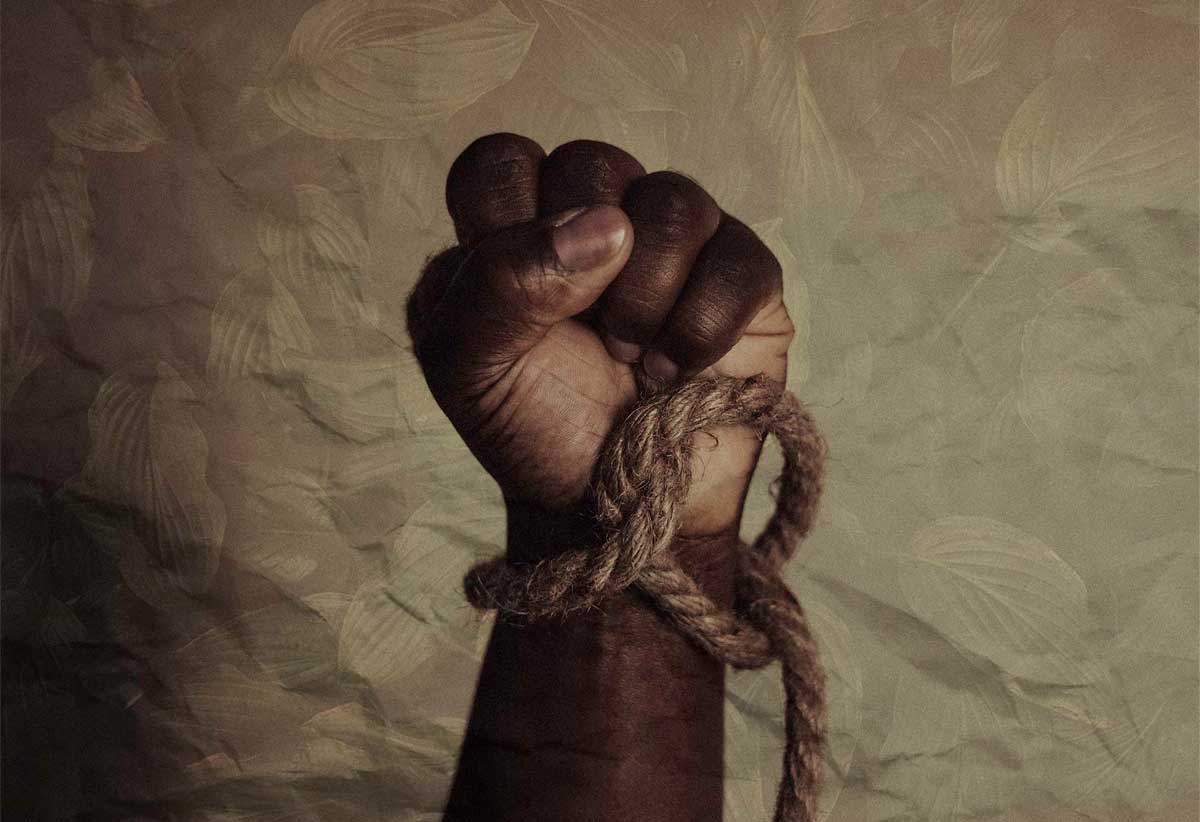

Ahead of tomorrow’s (September 7) observance of the second African Union (AU)-Caribbean Community (CARICOM) Day, the Regional Integration Unit (RIU) of the Office of Saint Lucia’s Ambassador to CARICOM and the OECS requested that I ‘muse’ about Africa-Caribbean ties.
I didn’t know where to start, as I’d touched-down on African soil long before knowing much about the continent.
My first visits were to South Africa and Somalia, during ‘summer’ holidays (while attending St. Mary’s College) in the late-60s and early-70s.
As a working student on a ‘banana boat’, I knew nothing of Nelson Mandela or Apartheid, so I felt free visiting sites like Cape Town’s historic Table Mountain and touring public sites around the port of Durban — until I was briefly arrested and detained for ‘touching a white lady’ as she passed by…
With shore leave about to expire, all I’d done was ask a lady passing-by on a Durban street: “What’s the time, Miss?”
It took the ship’s agent to come to the station with my ‘Seaman’s Passport’ to prove I was not what the white sergeant described as “a rude Black boy…”
He would order, however, that I “remain aboard the ship until it sails…”
Our next ports were Chisimayu (Kismaayo) and Merca in Mogadishu, Somalia.
My next Africa landing was in Zimbabwe in the mid-1980s, attending a congress of the International Organization of Journalists (IOJ).
By then, I had joined hundreds-of-thousands worldwide, signing dozens of annual petitions and resolutions directed at the United Nations (UN) Human Rights Commission, calling for the release of Nelson Mandela and lifting the Apartheid regime’s ban on the African National Congress (ANC).
Mandela would eventually be released and led the ANC to victory in free and fair elections, becoming the first Black president of the Republic of South Africa.
It was, therefore, a great moment for me when, in 1998, I attended the CARICOM Summit in Saint Lucia, with Nelson Mandela as the special guest – and shook his hand.
I had attended as a special member of the Guyana delegation, led by President Janet Jagan and including Foreign Affairs Minister Clement Rohee and Director-General of the Ministry of Foreign Affairs, Elizabeth Harper.
It would take 23 years after the Mandela-CARICOM summit before African and Caribbean leaders met again at that level – this time online — on September 7, 2021.
But the issue that’s drawn African and CARICOM nations closest over the past decade has been the call by 14 CARICOM governments, in July 2013, for Reparations from Britain and the European Union (EU) member-states that benefitted from and built empires off slavery and Native Genocide.
Today, the AU and CARICOM are discussing an upcoming Reparations Summit in Ghana, with expectations of others to follow in the Caribbean, Europe and The Americas, to eventually unite the various threads and strands of the Global Reparations Movement that’s now gone continental across African, American, Caribbean, European and other regions of People of African-Descent.
CARICOM and AU governments are expected to support calls for a Second Decade for People of African Descent (2025-2039) and for Reparations for Slavery and Native Genocide to occupy a more permanent place on the agendas of the upcoming UN General Assembly and the next Commonwealth Summit.
Earlier this year, Saint Vincent and the Grenadines Prime Minister, Dr Ralph Gonsalves, as President Tempore of the Community of Latin American and Caribbean States (CELAC), was able to extract from the EU, expressions of sorrow and regret about slavery – much akin to the Buckingham Palace’s expressions of Royal Sorrow by Queen Elizabeth in the year before she died and through the tongues of her son and grandson Charles and William, her immediate heirs-in-waiting.
PM Gonsalves also announced in Brussels that CARICOM will soon seek a ruling from the International Criminal Court (ICC) on Chattel Slavery as ‘The Greatest Crime Against Humanity’ – as designated by the UN itself.
Also earlier this year, the Brattle Group, led by former ICC judge Patrick Robinson, released findings of a study that found 31 former slave-holding states (including Brazil, France, Italy, Nordic States, Portugal, Spain, the UK and the USA) together owe US $107.8 Trillion in Reparations to the Caribbean and The Americas for Slavery — of which Britain owes CARICOM’s 14 nations US $24 Trillion, described by Judge Robinson as “an underestimation” compared to the damage cause by the slave trade.
CARICOM’s call for Reparations has been joined by the AU, which regards the Caribbean and other nations of people of African Descent as its ‘Sixth Region’.
India’s current Prime Minister, Narendra Modi, also hopes to convince CARICOM to extend its call for Reparations for Native Genocide and Slavery to also include indentureship, to cater for Indians also uprooted and shipped to the Caribbean to keep the wheels of fortune turning for the plantation owners after slavery was officially abolished.
The call for inclusion of indentureship is getting between growing lukewarm support and loud outright rejection, particularly in CARICOM member-states where Africans and Indians form the two largest population majorities.
But there are also those who, like CARICOM Reparations Commission (CRC) Chair and Vice Chancellor of The University of The West Indies (The UWI), Sir Hilary Beckles, who believe that Africans, Amerindians and East Indians “were three acts of a single play” and “a trifecta in chains in an imperial domination…”, as part of a process of British and European extraction of wealth through genocide and mass exploitation.
Meanwhile, with Ministries of External Affairs represented on most (if not all) National Reparations Committees (NRCs) and in light of the continuing Globalization of the Reparations Movement, it would also be useful for respective Ambassadors of CARICOM and the OECS to The Commonwealth, CELAC, OAS and UN, to embark on a series of periodic meetings on matters related to Reparations, AU-CARICOM ties, the call for a Second Decade for People of African Descent and preparations for an eventual CARICOM Reparations Summit, sooner than later.


